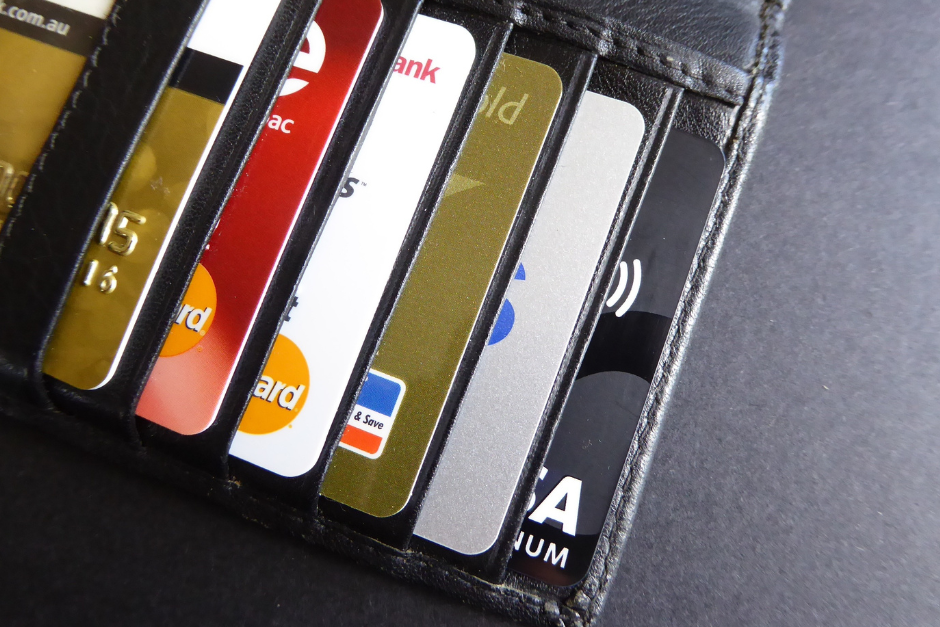
Are your annual fees too high? Can’t control your spending habits? Not using enough of your credit card rewards? It may be time to downgrade or cancel your credit card.
Here we break down the pros and cons and help guide you on which one is better suited for your financial needs.
What’s the Difference Between Downgrading or Canceling a Credit Card?
Depending on your credit card issuer, downgrading a credit card is a way to protect your credit scores while still managing spending habits. While it may sound intimidating, it essentially allows the cardholder to remain with the same issuer while altering the benefits and fees that come with the card.
Downgrading minimizes the risk of affecting your credit score, although it can affect your credit utilization rate. Before applying for a credit card in the first place, it is highly recommended to research all the options before choosing an issuer rather than having to cancel your account altogether.
Canceling a credit card is when you cancel the current credit card you’ve been using permanently. While it may be necessary, there can be adverse effects many are not aware of.
Pros of Downgrading a Credit Card
1. Current Credit Card Fees Are No Longer in Your Budget
Whether you are trying to create a tailored budget, experiencing a time of financial distress, or searching for other options, credit card companies have different programs and credit cards for that reason. Searching for other options can provide you with the ability to have a lower annual fee while still earning rewards for your purchases.
2. Rewards Do Not Outweigh the Annual Fees
In many instances, the best rewards programs may often charge a high annual fee. This may cause you to spend more than you can afford to reach the rewards points you wish to obtain. Therefore, downgrading to a card that better suits your needs while offering a rewards program may be as enticing and more appropriate for your budget.
Cons of Downgrading a Credit Card
1. Fewer Benefits
While some may view this as a benefit to downgrading their card, others may see fewer rewards not worth it. As the cardholder, you need to decide if the money you are saving is worth the benefits of other cards.
You also might lose out on the offers when first applying for the credit card you are trying to downgrade. Some credit card companies offer 0% APR introductory offers or other welcome bonuses.
2. Downgrading Might Not Be an Option
While many credit card issuers have different policies, you may not be allowed to downgrade your card if it has been within the first 12 months of opening the account. Each card company slightly differs in how they allow cardholders to downgrade due to many viewings as product changes.
This is essentially how rewards, bonuses and points are considered.
Pros of Canceling a Credit Card
1. Eliminate Out-Of-Control Spending Habits
Canceling a credit card may allow you to gain the financial freedom you’ve been searching for. However, too many cards may lead to overspending, which can lead to debt.
Closing out the accounts that are unnecessary or have the highest annual fees may help with this issue.
2. Ease of Canceling
Canceling your credit card can be done by calling the credit card company and asking to close the account. Although they might persuade you otherwise, canceling your card is a simple task if there are no outstanding balances.
Cons of Canceling a Credit Card
1. Outstanding Balances
Card companies require you to pay off the remaining balance owed before closing the account when canceling a card. However, in some cases, you may be able to transfer your balance to a card designed to help you pay off your debt.
However, if money is still owed to your lender, canceling your card is virtually impossible until the outstanding balance issue is resolved.
2. Risk of Losing Rewards Points
When closing a credit card with a rewards program or a cashback program, depending on the issuer, it is a possibility you might lose the earned points if you choose to cancel the card.
Credit cardholders also risk losing rewards when payments are late.
3. High Risk of Affecting Your Current Credit Score
Canceling a card, or closing an account, can affect your credit score depending on how long you have had the account. It can be lower if your account is hardly used or if you are to cancel with an outstanding balance.
If you have your credit card to help positively impact your FICO® Score, you may want to look into other options before closing your account as your credit utilization ratio can be negatively affected. A credit utilization ratio is your used credit compared to your available credit. So, if your ratio increases, it can negatively impact your scores.
Should You Downgrade or Cancel Your Credit Card?
Deciding to downgrade your current credit card or cancel the card and close the account altogether is a personal preference. While the options of downgrading outweigh the options compared to canceling, it is best to research which plan works for you.
Downgrading your card allows you to continue earning rewards with little to no annual fees while maintaining your account with the same issuer. It can allow you to find the best credit card for your budget and needs while sustaining your credit score.
Also, you may want to consider credit monitoring service, such as MyScoreIQ, to help you stay on top of your credit scores. Monitoring plans from MyScoreIQ include real-time credit and identity theft monitoring, three-bureau credit reports and FICO® Scores along with credit education resources.






